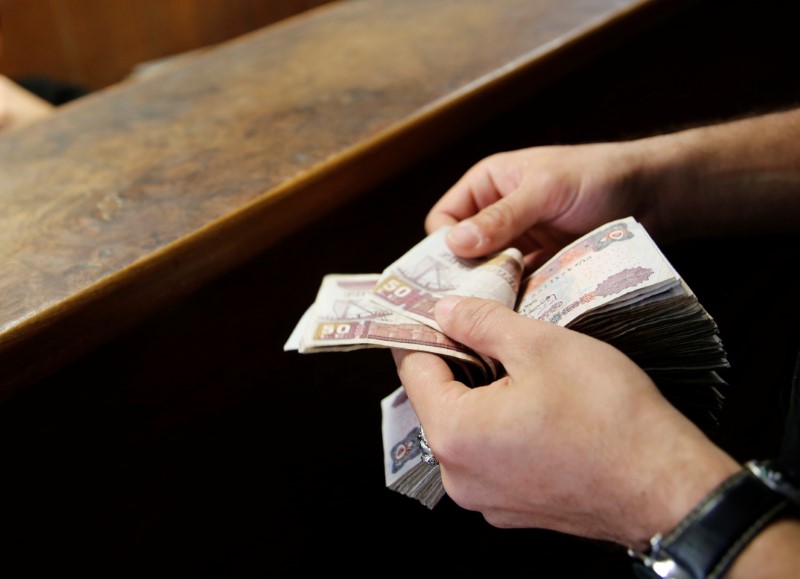Nigeria’s external debt has surged by N13.38 tn ($17.38 billion) in the second quarter of 2023 due to a significant devaluation of the naira and changes in foreign exchange policies, according to data from the Debt Management Office (DMO). The country’s external debt rose to N33.25 tn ($43.16bn) in Q2 2023 from N19.64 tn ($42.67 billion) in the preceding quarter, an increase largely attributed to the weak naira rather than new borrowing.
The Central Bank of Nigeria (CBN) initiated a series of foreign exchange policy changes earlier this year, which led to a sharp decline in the value of the naira. On June 14, 2023, the CBN directed Deposit Money Banks to remove the rate cap on the naira at the official Investors and Exporters’ Window of the foreign exchange market, allowing for a free float against the dollar and other global currencies.
Following this policy shift, the local currency fell drastically from its 471/$ to 770.38/$ as of last week Friday at the Investors & Exporters FX window, according to data from the FMDQ Exchange. The DMO subsequently adopted this new rate, marking a depreciation of 40.24 per cent in the exchange rates used by the debt office.
The naira has continued to fluctuate on the Investors & Exporters’ window, worsening further in the parallel market and hitting N1000/$ last week. However, it experienced some recovery on Friday, September 22, 2023, after Olayemi Cardoso was announced as the acting head of CBN pending his confirmation by the Nigerian Senate. Following this announcement, the Nigerian currency gained N10 against the dollar in the black market, closing at N990/$1.
Despite these fluctuations, the CBN denied reports on September 13, 2023, that it plans to introduce a new foreign exchange policy to make the naira equal to the US dollar. Earlier on September 11, 2023, it instructed commercial banks not to use the foreign exchange revaluation gains from the 60% naira devaluation to pay dividends or other operational costs. These measures highlight the ongoing challenges facing Nigeria’s economy as it grapples with currency instability and mounting external debt.
This article was generated with the support of AI and reviewed by an editor. For more information see our T&C.
Read the full article here



